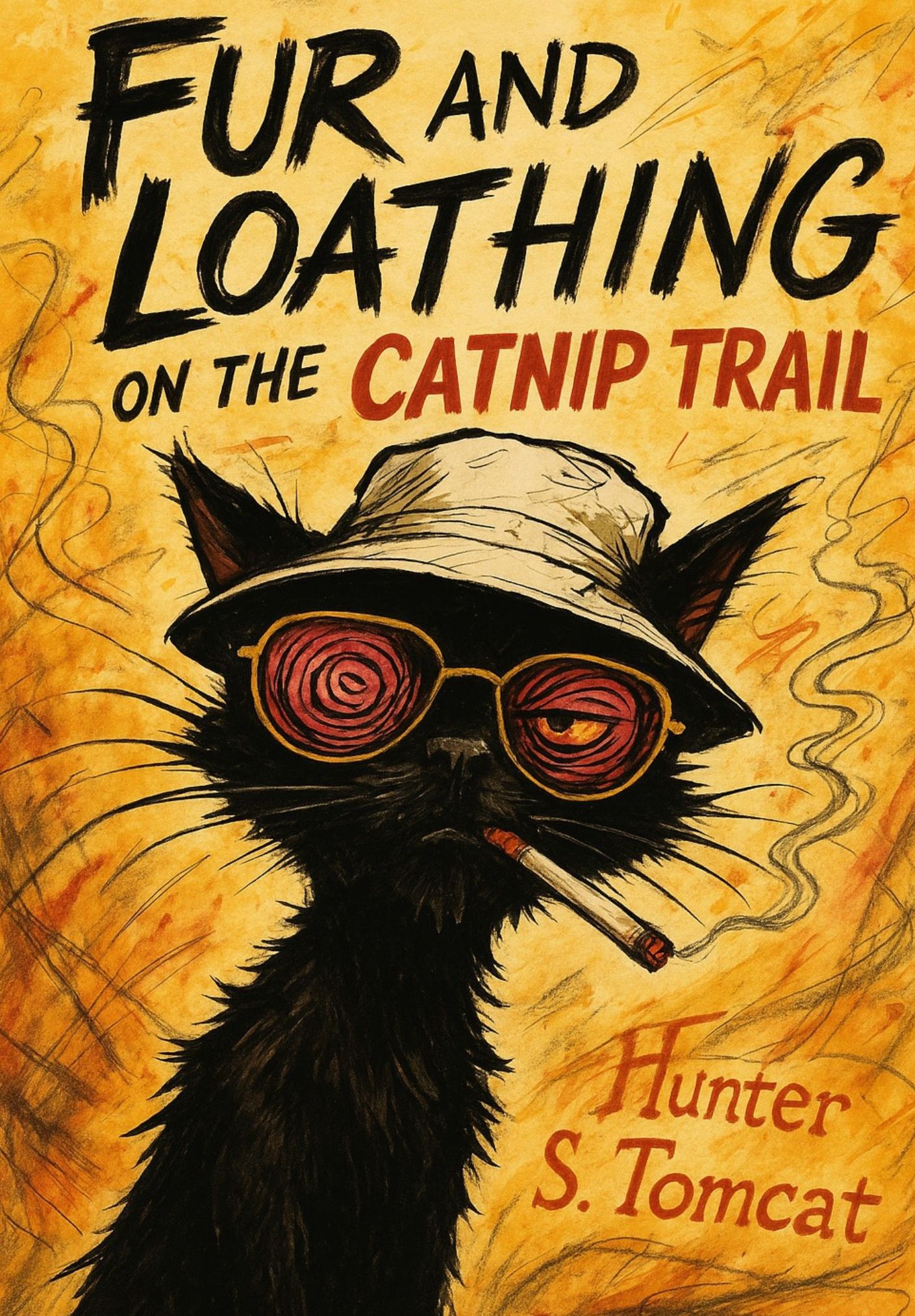We were somewhere around the dawn of the 21st century when the political landscape began to warp and twist into a grotesque carnival of hyperbole and spectacle. It was a time when the very fabric of reality was frayed by the relentless grind of social media, the droning echo of cable news, and the insatiable hunger for ratings and clicks. In this deranged circus, one man rose from the rubble of the American dream: Donald J. Trump, a reality television star turned political savant, who single-handedly turned the art of politics into a goddamn marketing ploy.
Trump was the embodiment of a new breed of political animal—an unholy amalgamation of a used car salesman and a demagogue. He didn’t just campaign; he sold a product, and that product was himself. With an arsenal of slogans that could rival the finest pitches in Madison Avenue — “Make America Great Again” served as both a rallying cry and a shrewd marketing strategy — he transformed the political arena into a chaotic infomercial. The press, like moths drawn to the bright flame of a late-night TV ad, could do little more than drool over his every outrageous utterance.
The man knew the game; he understood that in this media-saturated landscape, perception was reality. Trump crafted his image with the precision of a mad scientist, manipulating the narrative to suit his whims. He didn’t just engage with his base; he fed them a steady diet of outrage, conspiracy, and the promise of a return to some idyllic past that never truly existed. The rally became the new town hall— a spectacle of red hats and wild chants, a ritualistic gathering where truth was secondary to the primal thrill of belonging and rebellion.
In this surreal tableau, the traditional rules of engagement were thrown out the window. The old guard of political communication, with its staid press releases and careful media strategies, was left reeling. Instead, we witnessed a savage free-for-all where Twitter became the primary tool of governance. Every 280-character eruption from Trump was a strategic bombshell, capable of reshaping headlines and obliterating entire news cycles. The art of distraction was perfected; with one tweet, he could render a week’s worth of serious policy discussion moot, sending the media scurrying to chase the latest shiny object.
And what about the Democratic response? They floundered in the wake of this bold new world, caught in a web of their own indecision and hesitation. The relentless push for civility and decorum was a feeble counter to the raw, unfiltered chaos that Trump unleashed. The progressives attempted to mount a counter-narrative, but their carefully curated policies and earnest pleas fell flat in the face of Trump’s raucous performances. In this surreal contest, the loudest voice won the day, while nuance became the first casualty.
As we descended deeper into this bizarre reality, it became clear that the marketing of politics had irrevocably shifted. Politics was no longer a noble pursuit of governance but a cutthroat business where emotions reigned supreme. In the end, we were left grappling with a simple truth: in the Age of Trump, authenticity had become the ultimate marketing tool, and in that authenticity lay the seeds of both his explosive rise and the nation’s chaotic unraveling.
